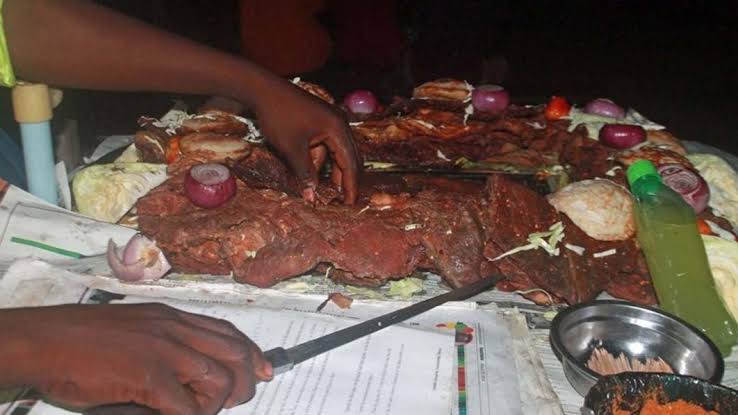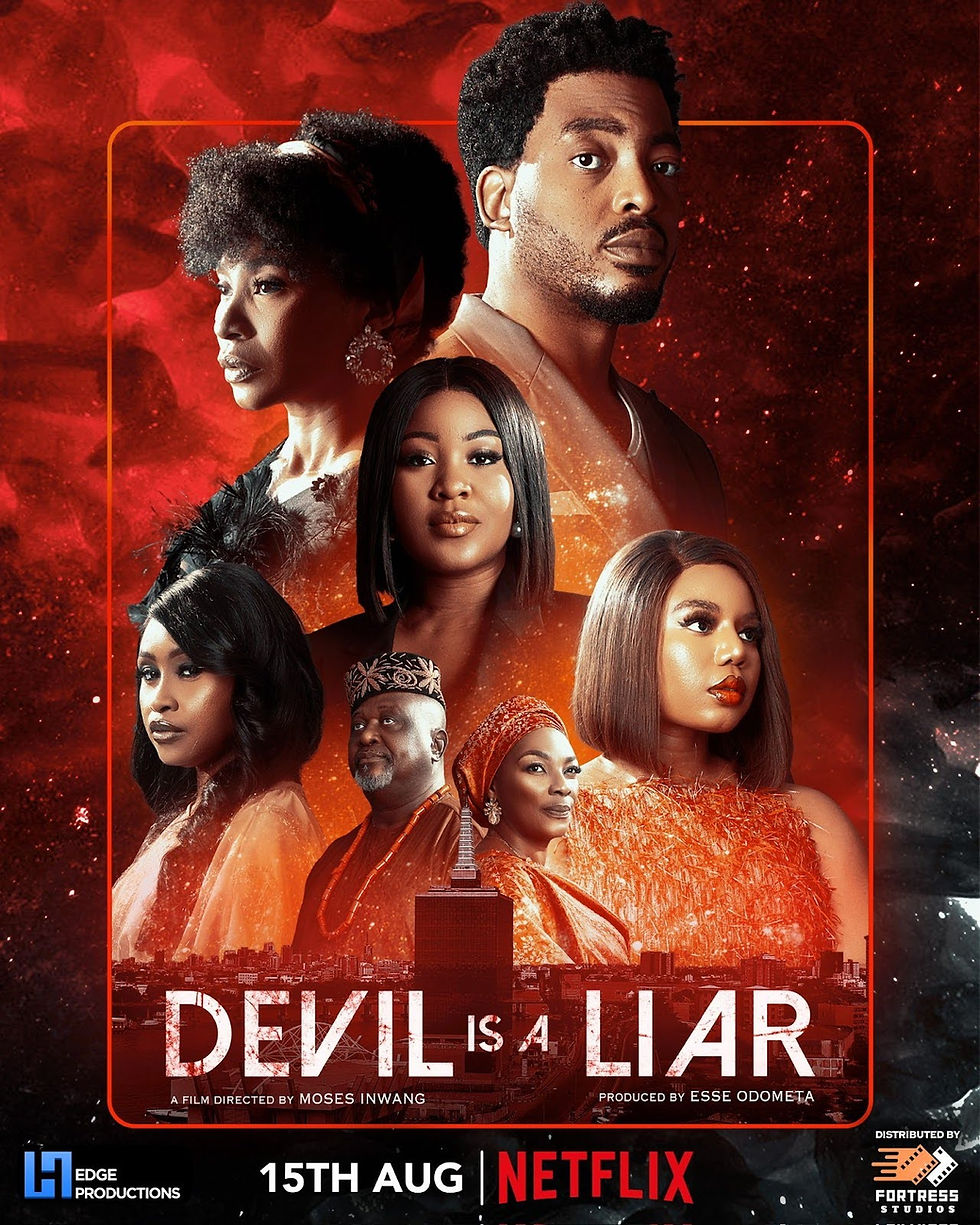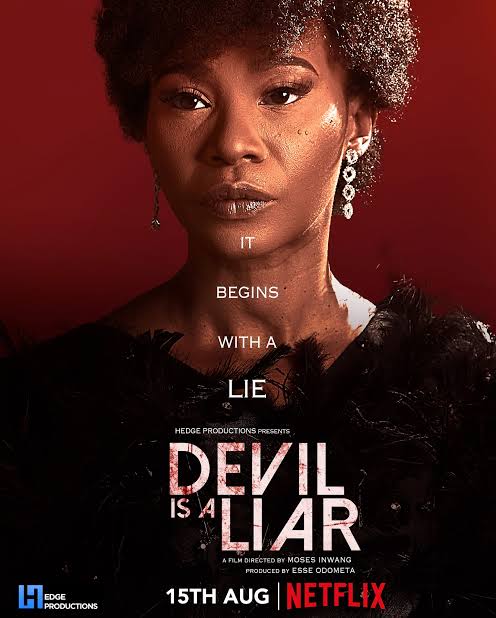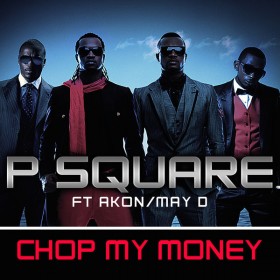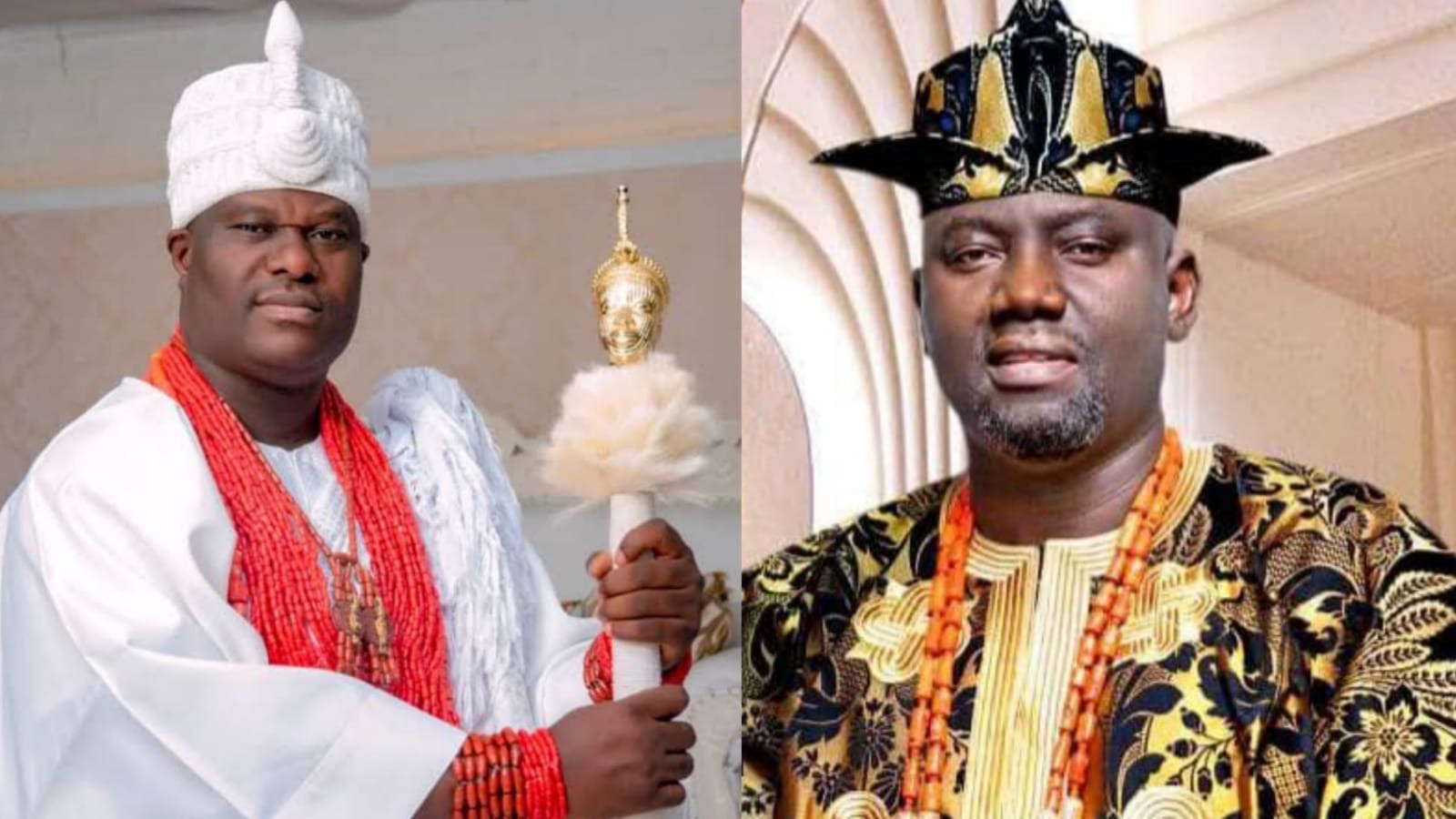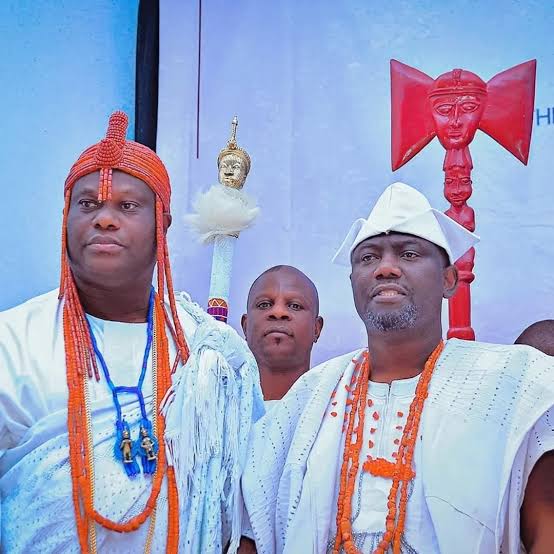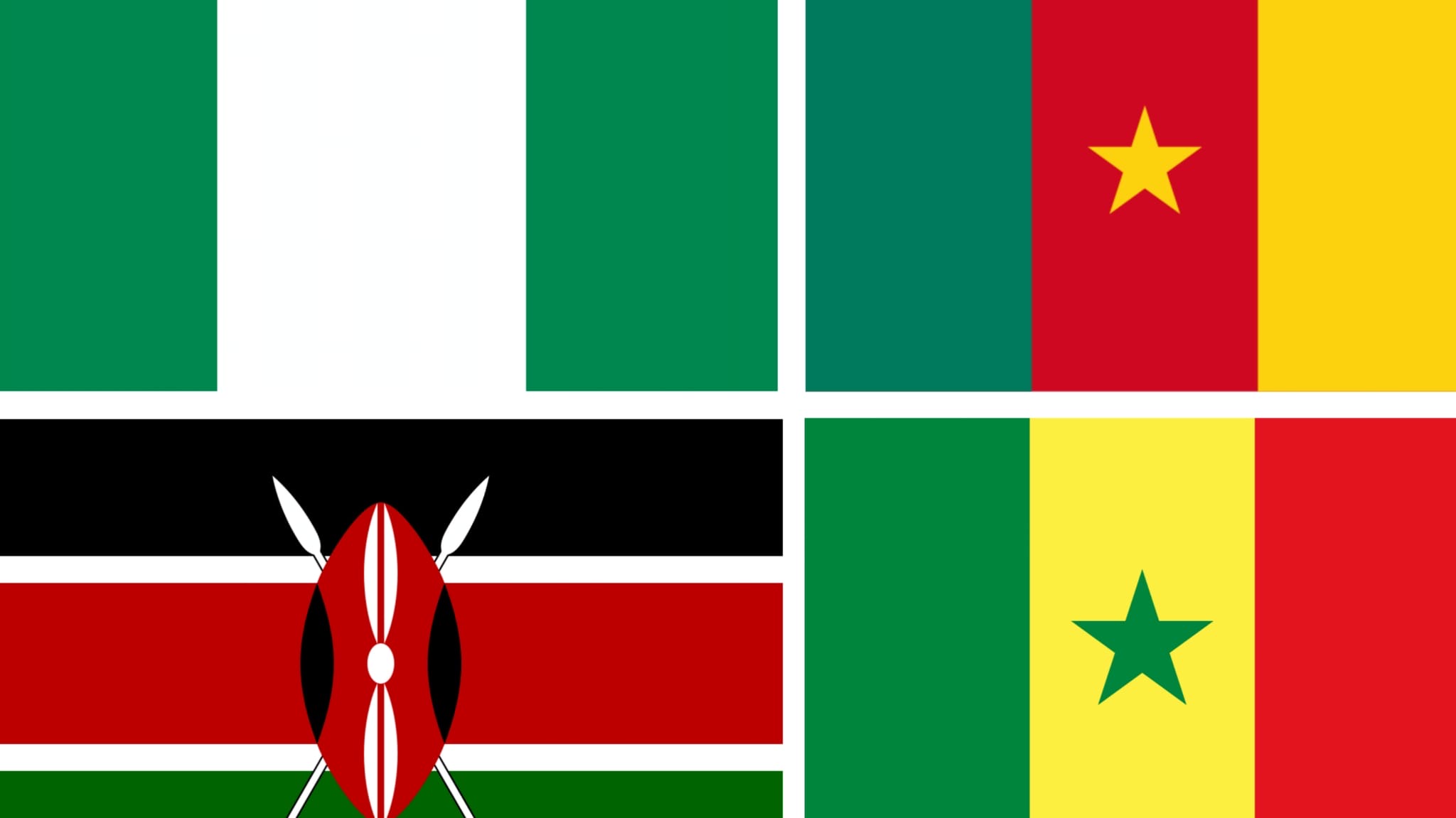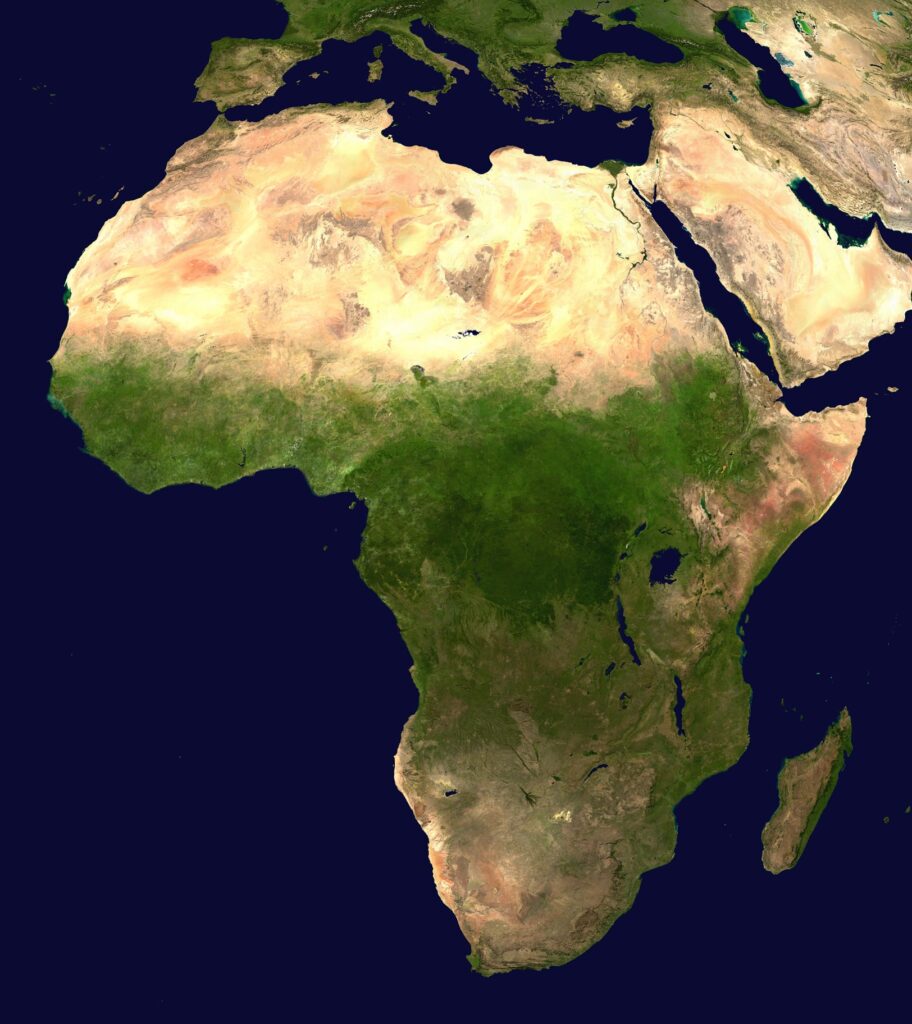When Pirates of the Caribbean: The Curse of the Black Pearl hit cinemas in 2003, few expected it to spark a billion-dollar phenomenon. What started as a risky gamble; a film based on a Disneyland theme park ride quickly transformed into one of Disney’s most lucrative and enduring live-action franchises. Johnny Depp’s flamboyant and unpredictable performance as Captain Jack Sparrow not only earned him an Academy Award nomination but also redefined how audiences imagined pirates on screen. The success of that first adventure set the stage for a sprawling saga that would stretch across five films, exploring supernatural curses, legendary figures, and high-seas betrayals. Now, with Disney charting a bold new direction, the franchise once again stands at the brink of reinvention.
The Expanding Seas of the Sequels
The triumph of The Curse of the Black Pearl made sequels inevitable, and Disney wasted no time turning the swashbuckling hit into a trilogy. In 2006, Dead Man’s Chest arrived and expanded the lore with the terrifying figure of Davy Jones, master of the Flying Dutchman, whose tentacled face and heart locked away in a chest became iconic symbols of the series. The film not only deepened the mythology but also delivered grand spectacle, from the Kraken’s attacks to Sparrow’s frantic bargaining with fate. Audiences responded enthusiastically, propelling the film past the billion-dollar mark at the global box office, a milestone that cemented the franchise as more than just a novelty.
The following year, At World’s End attempted an even more ambitious narrative, weaving together multiple storylines of betrayal, sacrifice, and shifting alliances. With the introduction of the nine pirate lords and a climactic battle in a maelstrom, the film carried both the grandeur and the complexity of an operatic finale. Though critics were divided over its dense storytelling, fans were treated to one of the most visually spectacular finales of the 2000s, with Jack Sparrow, Will Turner, and Elizabeth Swann caught in the storm of destiny. For many, this marked the natural endpoint of the original saga, closing the arcs of its central characters while leaving the door slightly ajar for Sparrow’s continuing misadventures.
But Disney was not ready to dock the Black Pearl just yet. In 2011, the franchise returned with On Stranger Tides. With Gore Verbinski stepping away from directing and Rob Marshall at the helm, the film shifted toward a standalone adventure, introducing the infamous Blackbeard, played by Ian McShane, and a quest for the Fountain of Youth. Penélope Cruz brought fiery energy as Angelica, a woman from Sparrow’s past whose motives were as murky as the seas they sailed. Though critics found the story thinner and less charming than the original trilogy, the film once again proved the enduring appeal of the brand, grossing over a billion dollars worldwide.
The most recent entry, Dead Men Tell No Tales (2017), brought back a sense of legacy. Javier Bardem delivered a haunting performance as Captain Salazar, a vengeful ghost hunting Sparrow, while the film tied itself to earlier mythology by revisiting the cursed fate of Will Turner aboard the Flying Dutchman. It also introduced a new generation of adventurers in Henry Turner and Carina Smyth, setting up the possibility of passing the torch. Despite mixed reviews, the film rekindled nostalgia by reuniting audiences with Orlando Bloom and Keira Knightley, albeit briefly, reminding fans of the franchise’s emotional core.
Through these sequels, Pirates of the Caribbean became a rare blend of gothic fantasy, slapstick comedy, and mythmaking. It crafted a world where cursed treasure and ghost ships were as real as shifting allegiances and romantic entanglements, a formula that audiences around the globe could not resist.
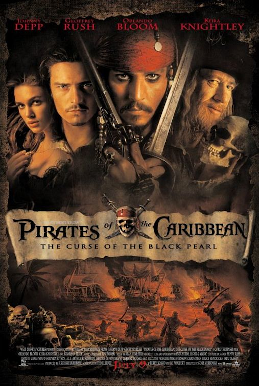
New Horizons: Reboots and Spin-Offs
Now, nearly two decades after the first film, Disney is preparing to chart a new course for the franchise. Producer Jerry Bruckheimer has confirmed that the next entry will not be a continuation of Jack Sparrow’s adventures but a complete reboot. This means fresh characters, a brand-new storyline, and a creative attempt to reimagine the franchise for a new generation of audiences. Screenwriter Jeff Nathanson, who previously penned Dead Men Tell No Tales, is tasked with bringing this vision to life. Reports suggest that the script has been undergoing refinements, especially in its third act, as Disney aims to launch a saga that feels distinct yet still carries the adventurous spirit fans expect.
At the same time, Disney has been developing a separate spin-off project, one that could shift the franchise in a bold direction. Academy Award nominee Margot Robbie has been linked to the film, with Christina Hodson, known for Birds of Prey, attached as the screenwriter. Robbie herself revealed in 2022 that the project seemed to have been scrapped, but Bruckheimer has since stated that Disney remains committed to the idea. If realized, this spin-off would likely focus on a female-led pirate crew, opening up new narratives within the vast Caribbean seas and breaking away from the male-dominated stories of the past.
Still, one question looms larger than all others: will Johnny Depp ever return as Captain Jack Sparrow? His portrayal of the rum-loving trickster is inseparable from the franchise’s identity. While Depp’s tumultuous legal battles and estrangement from Disney once made a return unlikely, recent comments from Bruckheimer suggest that if the right script comes along and Depp agrees, a comeback could happen. Orlando Bloom, who played Will Turner, has also voiced that a successful revival would require bringing back “everybody,” emphasizing that the original crew remains the heart of the franchise. Whether Disney will balance this nostalgia with its plans for a reboot remains uncertain.
The Legacy of the Black Pearl
As Pirates of the Caribbean prepares for its next voyage, it faces the challenge of honoring its legacy while steering into new waters. For many fans, the franchise is not just about ghost ships or cursed coins, it is about the unhinged charm of Jack Sparrow, the sweeping romance of Will and Elizabeth, and the eerie grandeur of seafaring legends come to life. Any attempt to reboot the series must grapple with this weight of expectation, delivering something fresh without losing what made the films beloved in the first place.
Yet, Disney’s confidence in rebooting and expanding the franchise signals that the seas are far from quiet. The world of Pirates of the Caribbean is one rich with untold stories: hidden islands, legendary figures, and the eternal clash between freedom and order. Whether through a new generation of characters or a long-awaited reunion of the original cast, one thing remains certain, the horizon still holds treasure, and the adventures are far from over.


